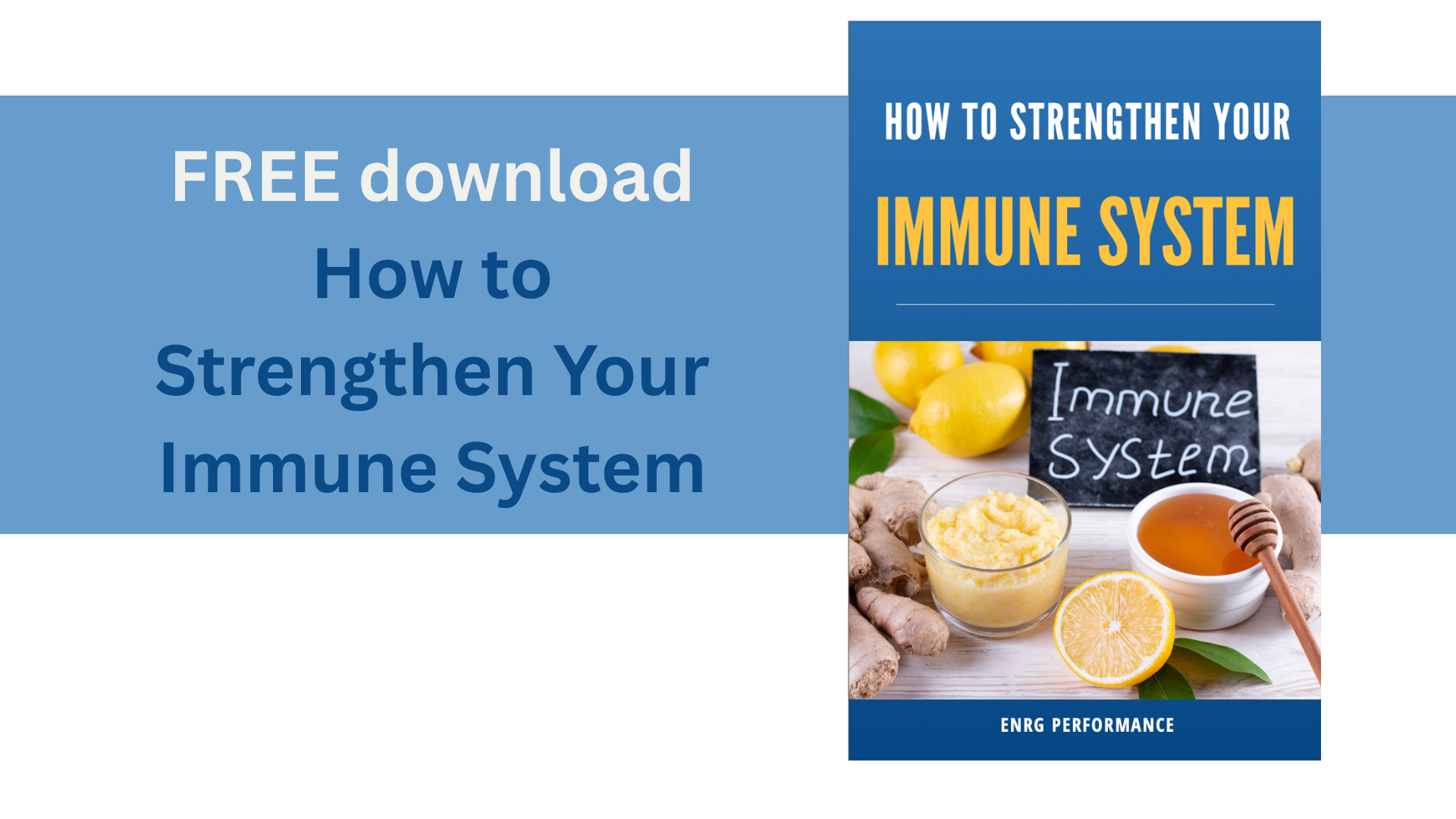What Is Brain Fog, How Does It Happen, and the Link to Hormones and Daily Nutrition
Sep 29, 2025
No matter what “level” of life you are in, chances are you have experienced brain fog at some point.
The “fog” most people describe is usually feeling mentally “cloudy”, forgetful or even unfocused. Yes, even unfocused can technically be classified as brain fog.
While not a medical diagnosis, it is super common that can impact many things in your life including work, family, career and relationships.
Difficulty concentrating. Slower thinking. Low mental energy. Memory or word lapses. You know that feeling of feeling like your brain is running through molasses?
Yeah, brain fog. Reduced mental clarity and functioning. Nobody wants to get it yet we all seem to from time to time.
So, how does it happen?
Well, at its core, brain fog occurs when your brain’s communication systems are disrupted by one or more of the following:
-
The blood sugar “rollercoaster”: This happens quite a bit when you are not following the Metabolic Efficiency Training concept because the spikes and crashes in glucose can starve the brain of steady energy, leaving it sluggish.
-
Inflammation: I talk about this quite a bit. In fact, I truly believe that inflammation is the root of just about every disease state and physiological challenge we encounter. Chronic, low-grade inflammation can impair neurotransmitter signaling and mitochondrial function, reducing mental clarity.
-
Sleep disruption: Do I even need to mention this one? I have found this as the most common reason brain fog happens in individuals. I know that when my sleep is compromised, my cognitive functioning will definitely be lower that day. Disrupted sleep can also lead to elevated cortisol and the lack of deep sleep hinder memory consolidation and focus.
-
Nutrient deficiencies: Your brain requires a constant supply of vitamins, minerals, fatty acids and amino acids to function optimally. Eating less of these can reduce optimal cognitive functioning so do yourself a favor and just adopt the Metabolic Efficiency Training concept as your daily nutrition plan. It’s easy and provides all of these great brain nutrients.
So those are usually the basics regarding brain fog and you may be thinking to yourself, “I already try to control all of these the best I can but I still have brain fog”. Right?
Here’s the “secret” - it’s your hormones!
Yes, the wonderful chemical messengers that are responsible for just about everything in your body. In fact, hormones are the most powerful regulators of brain function and imbalances in these hormones are directly linked to brain fog:
-
Cortisol: chronic stress and high cortisol interfere with hippocampus function (memory and learning) and create mental fatigue.
-
Thyroid hormones: Imbalances in the thyroid hormones can slow negatively impact metabolism, including brain energy use, leading to sluggish thinking.
-
Estrogen and progesterone: For the women, fluctuations during perimenopause, PMS or postpartum can affect neurotransmitters like serotonin and GABA, contributing to brain fog.
-
Insulin: poor insulin sensitivity reduces glucose uptake into the brain, impairing energy and focus.
While knowing which hormones can be part of the brain fog story, the best next step is to have them measured. Why? Because you have no idea what is contributing to your brain fog until you measure your hormones. They are THAT IMPORTANT.
But let me fill you in on a little secret…simply measuring these hormones is not enough. You need someone to interpret them AND develop customized meal plans and training programs to support hormonal imbalances AND provide constant support and accountability check-ins. Otherwise, just knowing your hormone levels via testing won’t help.
This is EXACTLY the purpose of my Virtual FatBurn Blueprint Program. Take a peek at this eNRG Performance Signature Program and see for yourself.
To finish up, let me provide the beneficial and not so beneficial foods that affect brain fog:
Beneficial:
- Protein
- Omega-3 fats
- Antioxidants
- High-fiber foods
Not beneficial:
- Processed, refined carbohydrates
- Added sugars
- Highly processed oils
- Fried foods
- Alcohol
- Excessive caffeine
Brain fog is a real thing but remember, it’s most likely due to hormonal imbalances and inflammation. Get your hormones measured. Consult with a professional that does this for a living and hire someone as your guide to help you because listen, this will not go away on its own!
As always, please reach out to me or my team of Sport Dietitians at eNRG Performance if we can assist you.
SUBSCRIBE AND WE WILL DROP SOME HEALTHY INSPIRATION IN YOUR INBOX
We hate SPAM. We will never sell your information, for any reason.







